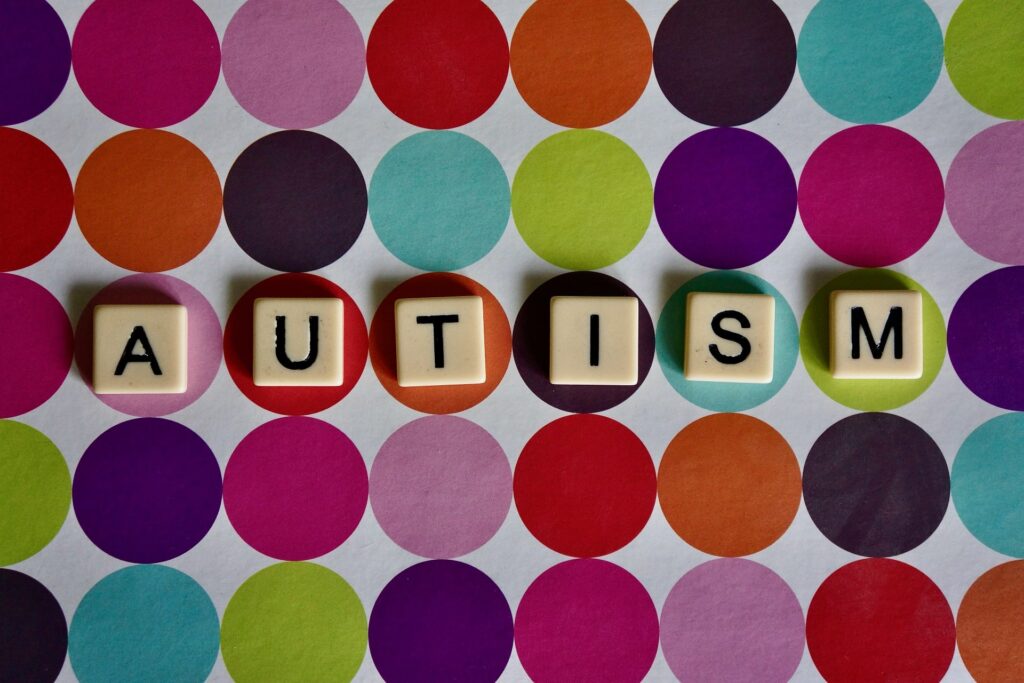
Introduction:
Creating a supportive and inclusive society for individuals with autism requires collective effort and understanding. By breaking down barriers and providing the necessary support, we can empower individuals with autism to reach their full potential and lead fulfilling lives. This article explores practical ways in which society can support individuals with autism, promote inclusivity, and foster a more accepting environment.
Education and Awareness:
Education is key to dismantling misconceptions and promoting acceptance. Society should invest in autism awareness programs that provide accurate information about autism, its characteristics, and the challenges faced by individuals on the spectrum. By fostering understanding and dispelling myths, we can create a more inclusive environment that values the unique strengths and perspectives of individuals with autism.
Accessible and Inclusive Environments:
Society can support individuals with autism by ensuring that public spaces, schools, workplaces, and recreational areas are designed to be accessible and inclusive. This includes providing sensory-friendly environments, clear communication strategies, and visual supports to help individuals navigate their surroundings comfortably. By creating inclusive environments, we remove barriers and promote full participation and engagement.
Employment Opportunities and Support:
Individuals with autism possess a range of skills and talents that can contribute meaningfully to the workforce. Society can support them by creating inclusive employment opportunities and providing appropriate support and accommodations in the workplace. This may include job training programs, mentorship initiatives, and fostering understanding among colleagues and employers about the unique needs and strengths of individuals with autism.
Encouraging Social Inclusion and Relationships:
Social inclusion is vital for the well-being of individuals with autism. Society can facilitate social integration by promoting inclusive social activities, clubs, and support groups that provide opportunities for individuals with autism to connect and build relationships. Encouraging peer acceptance, understanding, and empathy can help bridge the social divide and foster genuine connections.
Empowering Families and Caregivers:
Supporting individuals with autism also involves supporting their families and caregivers. Society can provide accessible and affordable resources, such as respite care, counseling services, and support groups, to assist families in navigating the challenges they may face. By recognizing and addressing the needs of caregivers, we create a strong support network that enables individuals with autism to thrive.
Advocacy and Policy Changes:
Advocacy plays a crucial role in shaping policies and practices that support individuals with autism. Society can actively engage in advocacy efforts by promoting inclusive policies, funding research initiatives, and participating in discussions surrounding autism-related issues. By working together, we can influence positive change and ensure that the rights and needs of individuals with autism are met.
Conclusion:
Supporting individuals with autism requires a collective effort from society as a whole. By investing in education and awareness, creating accessible environments, providing employment opportunities, promoting social inclusion, empowering families, and advocating for policy changes, we can break down barriers and build a more inclusive society. Let us work towards a future where individuals with autism are embraced, valued, and given the support they need to thrive, ensuring that they have equal opportunities to contribute their unique talents and perspectives to our diverse world.